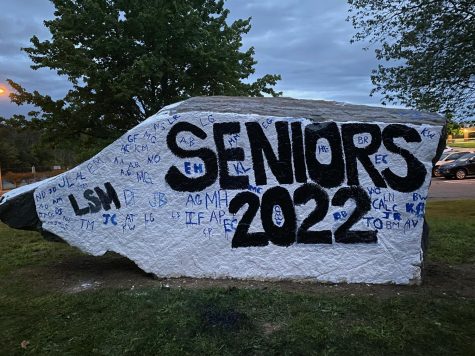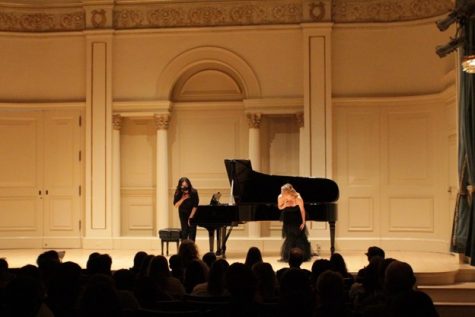A Pickle Pickle at Lewis Mills
November 19, 2015
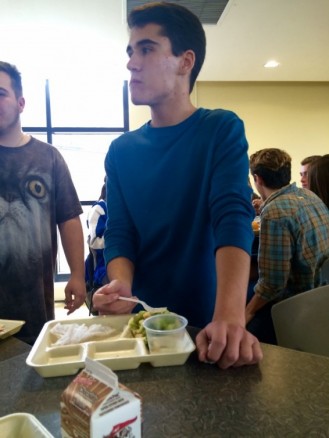
BURLINGTON, CT — “This is a modern day tragedy. This is as bad as it gets. Lewis Mills is facing a tragedy like no other.”
What is senior Logan Worley so riled up about? Did a well-liked teacher get fired? Is he discussing the losses by the field hockey and girls soccer teams in the state tournaments? Did he get an F on a recent AP Calculus test? None of these are the source of his anger.
He is angry about pickles.
A few weeks ago, students who enjoy pickles with their sandwiches and burgers discovered that Region 10 has discontinued the sale of the vegetable with lunches. Pickles could be put on a variety of different meals. Some enjoyed a cheeseburger with lettuce, tomatoes, and pickles. Others feasted on tuna wraps that featured pickles as well. Some just liked to have pickles on the side that they could munch on. Now, that is all gone, and a popular flavor has been lost from these entrees, ruining them for some students.
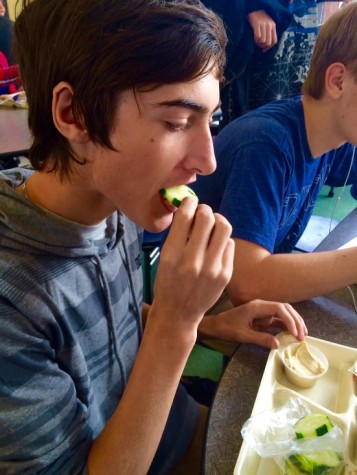
Pickles were taken away because of their high sodium concentration. According to Shape.com, pickles contain about 1,181 mg of sodium, making it one of the saltiest foods around. Margaret Dreher, Region 10 Director of Nutrition Services, said that sodium intake had been monitored closely as of late, and the decision was made to cut pickles in order to meet federal regulations.
She said, “The sodium level regulation is in the process of reducing the allowed amount so I don’t see pickles returning any time soon.”
Senior Kelly Garber summed up everyone’s feelings on Friday: “I really miss the pickles.”
Meanwhile, the student body at Lewis Mills is up in arms over the banishment of pickles. The general consensus around the school is that pickles need to be returned, and some students are even willing to take action over it.
“I will be writing a detailed letter to the superintendent,” explained senior Ailene Berry, “Honestly, I thought pickles contributed to the general well-being of the school.”
“We need to band together to get pickles back in our lunches,” added Worley.
The apparent emotional attachment to pickles is not surprising. Pickles are one of the most popular foods in America. It is like a vegetable on steroids. Over 20 billion pickles are consumed each year by Americans, according to ILovePickles.Org. The great pickle tradition has been passed down through generations, and some are afraid new policies might mark an end to the reign of the pickle.
Many blame Michelle Obama for the loss. The First Lady has made it her mission to enact new policies inside school cafeterias that will make future generations healthy. Her influence has already been seen at Lewis Mills, where popular snacks such as muffins and David’s C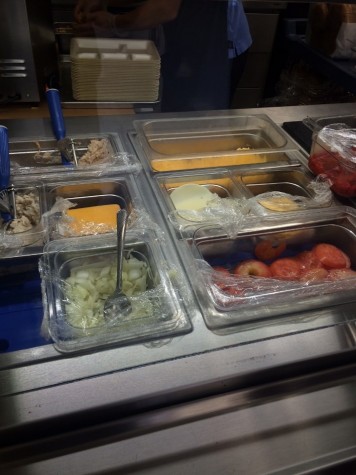 ookies have been replaced by healthier alternatives, like granola bars and Pop Tarts.
ookies have been replaced by healthier alternatives, like granola bars and Pop Tarts.
For Maddie Ruby, a sophomore, the elimination of pickles brings back bad memories.
“It’s worse than when Twinkies stopped being sold,” she said.
How will students respond to the pickle crisis at Lewis Mills? That has yet to be seen. Maybe there will be protests, or a school-wide walkout. Maybe the cafeteria will be boycotted all together, American Revolution style. Maybe an underground network of pickle dealing will surface. Regardless, the common sentiment among the student body is that pickles need to return to Lewis Mills. In her tirade, Berry may have created a battle cry that would send shock waves throughout the high school: “Free the pickles!”





